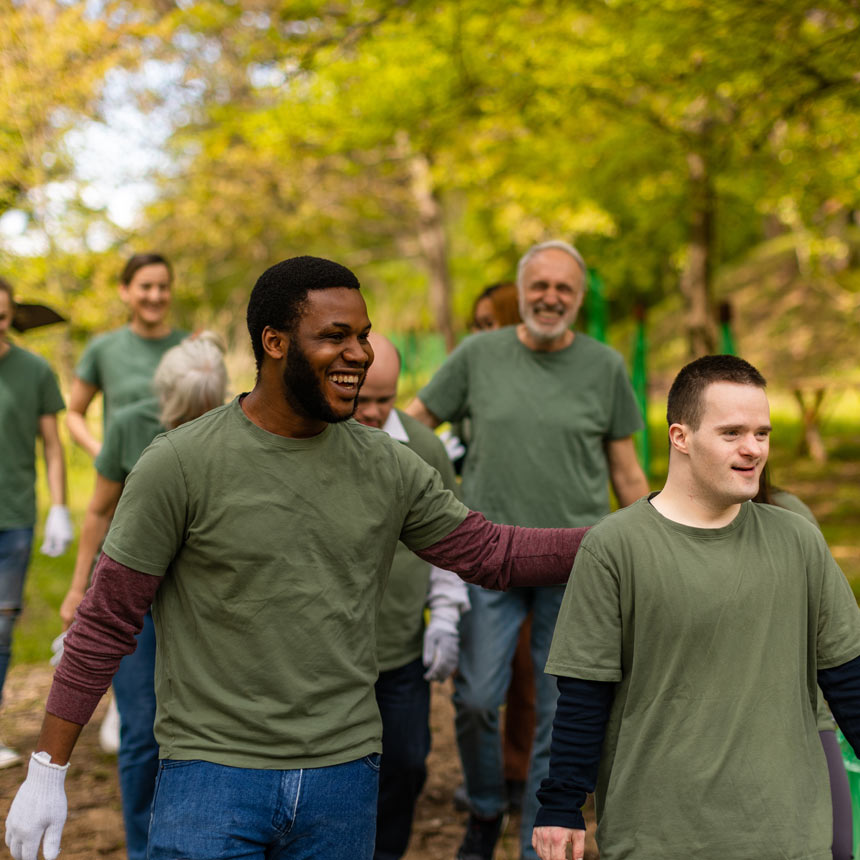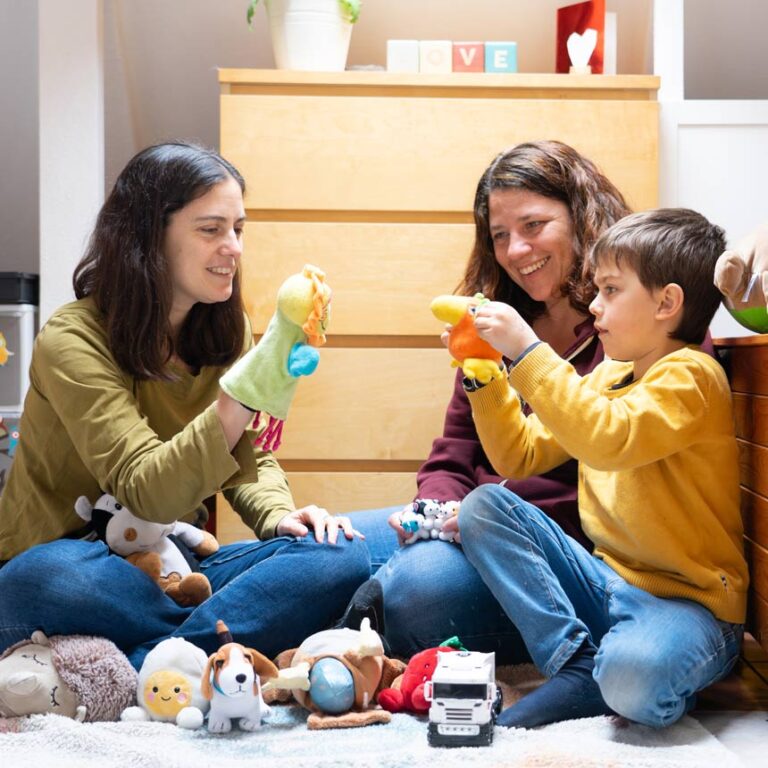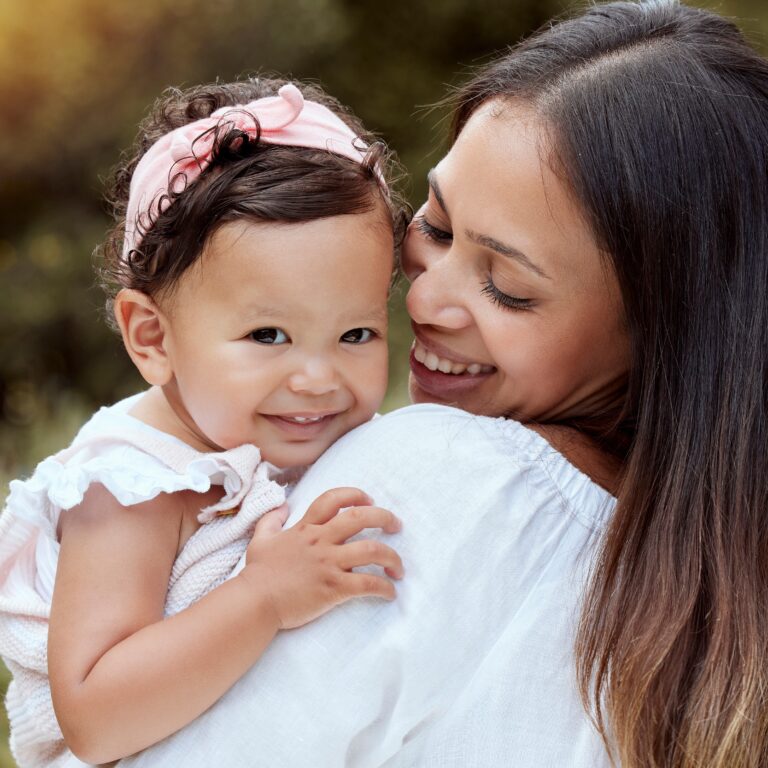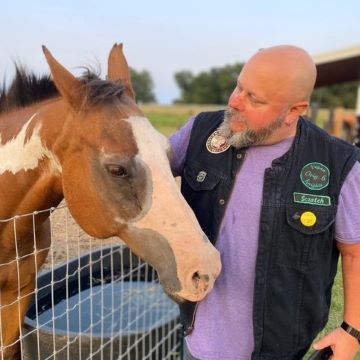
Research shows strong social connections promote mental and physical health.
Loneliness is more than just a bad feeling; it can be as bad for you as smoking. In 2023, the Surgeon General of the United States, Dr. Vivek Murthy, released “Our Epidemic of Loneliness and Isolation,” an advisory that highlighted the immense impact the lack of social connection has on individuals, families, and communities.
Epidemic is not too strong a word to use when 50% of United States adults reported being lonely in recent years. That hat statistic is even more alarming given the survey was conducted before the COVID-19 pandemic.
Research published in American Psychology in 2017 found the lack of social connection was as harmful as smoking 15 cigarettes a day. It also found strong social connection to friends, to family, to community, and to people who share similar values and interests are as important to health as food, water, and sleep.
Some populations are at particular risk, including people with poor physical or mental health, disabilities, financial insecurity, those who live alone, and single parents. Additional at-risk groups include those who are most likely to experience discrimination and marginalization in the United States, namely people of color and members of the LGBTQ+ community.
The surgeon general offered some strategies to address the harm caused by loneliness:
Social media
When friends or celebrities announce they are taking a break from social media for their mental health, they are on to something. In a U.S.-based study, participants who reported using social media for more than two hours a day had about double the odds of reporting increased perceptions of social isolation compared to those who used social media for less than 30 minutes per day.
For Parents
Talk to your children about social connection regularly to understand if they are struggling with loneliness or isolation, to destigmatize talking about these feelings, and to create space for children to share their perspective and needs. Delay the age at which children join social media platforms and monitor and decrease screen time in favor of positive, in-person, connection building activities.
For Individuals
Participate in community service. Avoid excessive social media use, time spent in unhealthy relationships, and disproportionate time in front of screens instead of people. The Emotional Wellness Checklist is a great resource.
Promoting the mental and physical health benefits of strong social connections is part of our holistic approach at LifeWorks NW. That approach includes a strong network of peer support specialists who know, from firsthand experience, the challenges of living with behavioral health issues such as mental illness or substance use disorder. Group therapy also offers an opportunity to gather with those with similar diagnoses and backgrounds. Learn more by calling 503-645-9010 or emailing intakereferrals@lifeworksnw.org.










